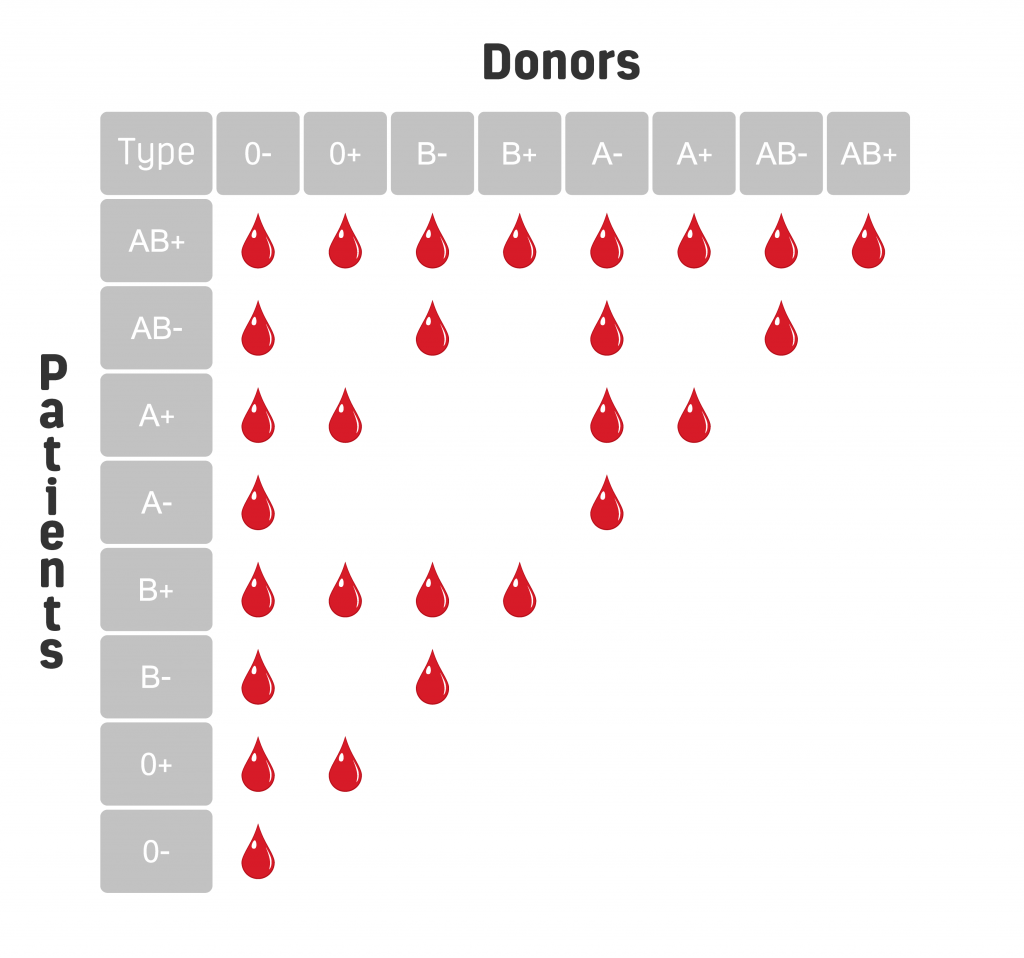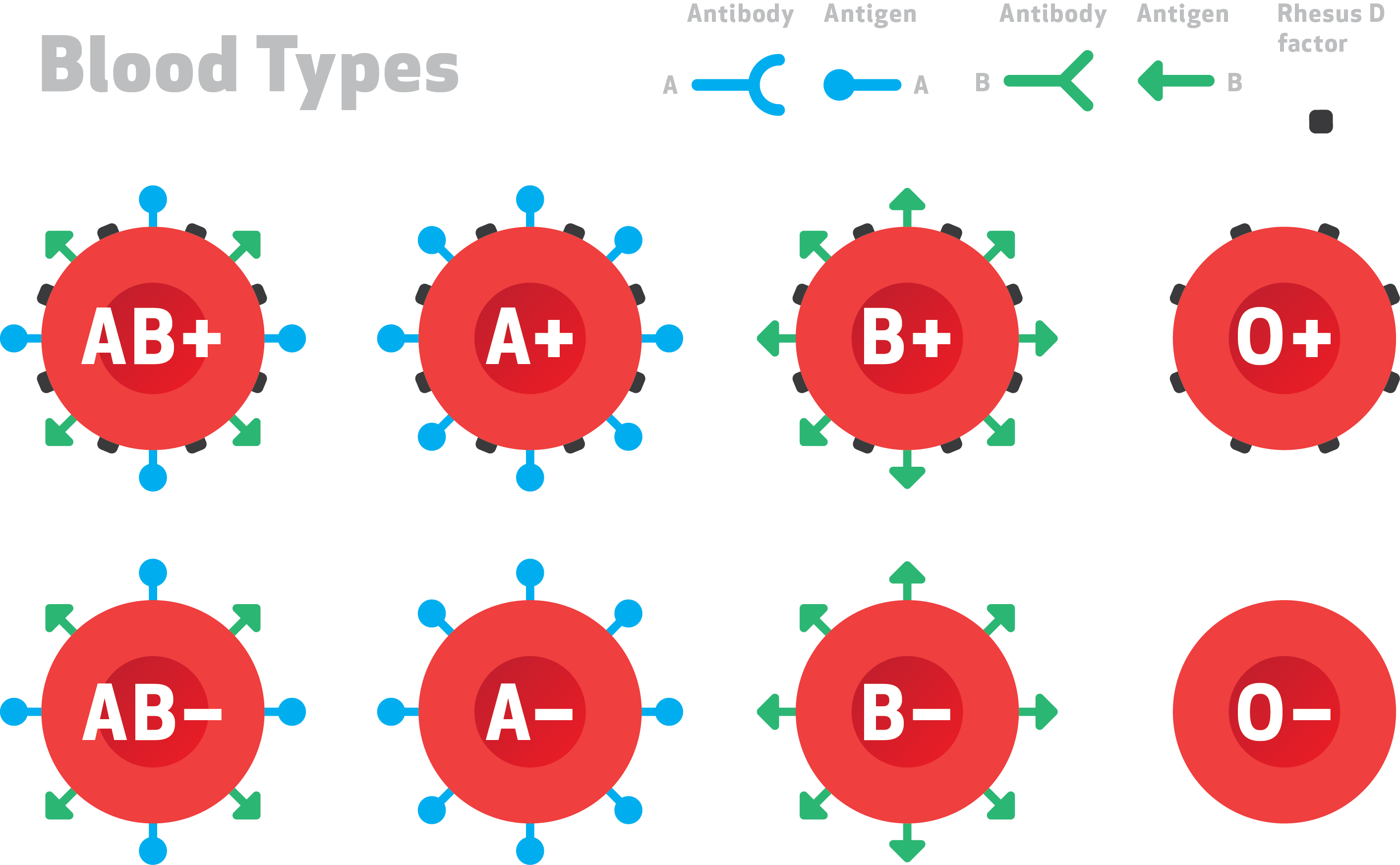
There are many different blood types, but two of the most common are A+ and A. While these two blood types may seem similar, there are some key differences between them that are important to understand. In this article, we’ll explore the similarities and differences between A+ and A blood types, and what you need to know about them.
What is A+ blood type?
A+ is a blood type that is characterized by the presence of the A antigen and the Rh factor. This means that people with A+ blood have A antigens on the surface of their red blood cells, as well as the Rh factor, which is a protein that is either present or absent in a person’s blood. A+ blood is one of the most common blood types, and it is found in approximately 34% of the population.
What is A blood type?

A blood type is also characterized by the presence of the A antigen on the surface of red blood cells. However, unlike A+ blood, A blood does not have the Rh factor. A blood is the second most common blood type, and it is found in approximately 28% of the population.
Similarities between A+ and A blood types

Despite their differences, A+ and A blood types share many similarities. Both blood types have the A antigen on the surface of their red blood cells, which means that they are both susceptible to infections from certain viruses and bacteria. Additionally, both blood types can be safely transfused to people with AB blood type.
Differences between A+ and A blood types

One of the main differences between A+ and A blood types is the presence of the Rh factor. A+ blood has the Rh factor, while A blood does not. This means that people with A+ blood can receive transfusions of A+ or O+ blood, while people with A blood can receive transfusions of A or O blood.
Another difference between A+ and A blood types is their susceptibility to certain diseases. People with A+ blood are at a slightly higher risk of developing coronary heart disease, while people with A blood are at a slightly higher risk of developing certain types of cancer, such as pancreatic cancer.
Conclusion
While A+ and A blood types share many similarities, there are also some key differences between them that are important to understand. If you are unsure of your blood type, talk to your healthcare provider about getting tested. Knowing your blood type can help you make informed decisions about your health and wellbeing.